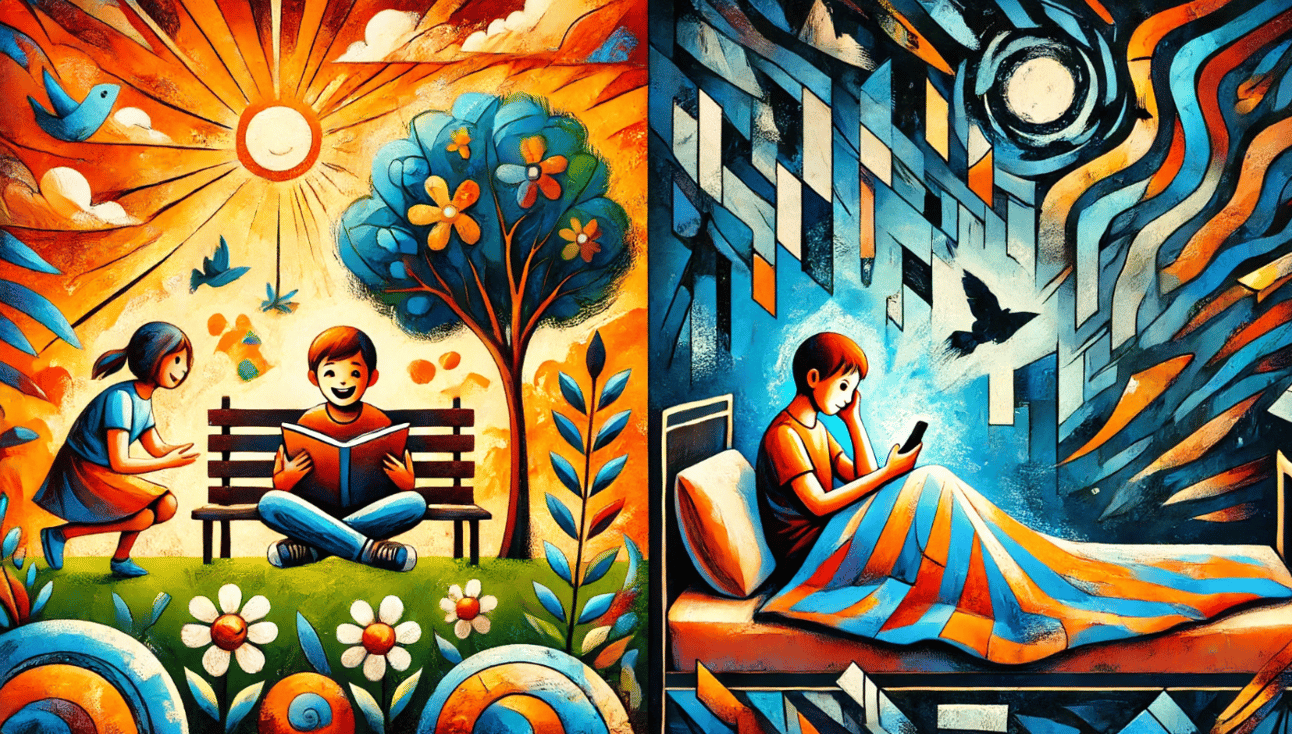The Fast-Slow Problem

I’ve been obsessed lately with the concept of slow versus fast. I’m calling it the Fast-Slow Problem.
It refers to the speed and amount of dopamine that you get from a thing. So in the distant past, an apple would have been a treat, and especially an apple pie because it took so long to prepare and enhanced those apples, which were themselves not easy to come by.
That’s slow. From the difficulty of finding the thing, and from the long process of creating an apple pie.
A box of donuts on the other hand is fast.
First of all, you can just walk in and say, "give me a dozen donuts", and second, a donut has been engineered to taste better than 100 crates of apples.
So if you eat six donuts, and then bite into an apple, it’ll taste like 3-D printed styrofoam.
There are many other examples of this, including porn being the fast, extracted version of sex, and TikTok being the fast, extracted version of reading a book or watching a movie.
I worry that this is what’s happening with dating and relationships.
They say young people don’t want to get into relationships or have sex with each other anymore. Evidently they would rather do other things.
This feels very much like the Fast-Slow Problem.
What if it is as simple as teenagers and young adults having more Fast options on their phones and TVs, and they are so good that the Slow options of companionship and relationships simply can’t compete?
It’s one thing when a doughnut competes with an apple, but in this case, the fast versus a slow problem might literally be affecting the future of the species.
I’m not sure what the complete answer is here, because I’m sure there are places where the fast version is simply better and not just faster. But what I do know is that I think we should start being very cautious about replacing slow versions of things with fast versions of things.
There is meaning in doing things slowly. Slow walks while holding hands. Reading physical reading in natural light. And making apple pies from scratch.
I think we should do our best to figure out what those slow, meaningful things are, and ensure that we keep as many of them in our lives as possible.
NOTES
This essay is dedicated to Tim Leonard.
Being born and raised in the San Francisco, Bay Area, I also find it interesting how conservative this idea is. It’s like I’m literally saying that the old way is better than the new way, and we need to hold onto it. Which is weird for me. But yeah—reading physical reading in natural light is probably better than watching TikTok on your phone. I’m willing to take that non-progressive stance.